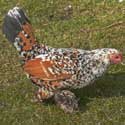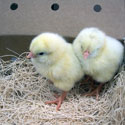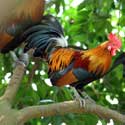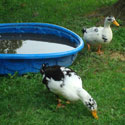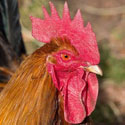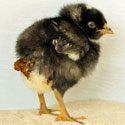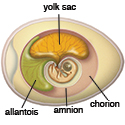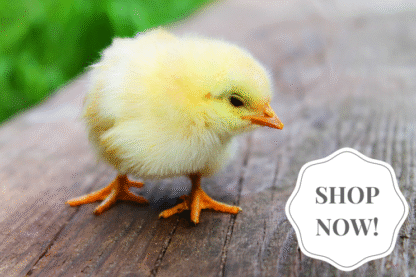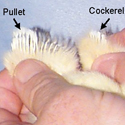
Feather sexing is the ability to determine the gender of a newly hatched chick based on the rate of growth of its wing feathers. The trait is sex linked and works only if the chick’s father is of a breed that grows feathers rapidly and its mother is of a breed that grows feathers slowly. […]
Continue Reading
